Center for the Relief of Pain
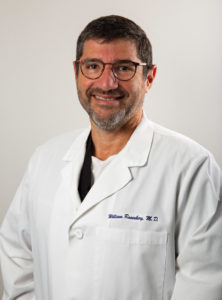
William S. Rosenberg, MD, FAANS
Founder and Director of the Center, Dr. Rosenberg matriculated at Harvard Medical School and trained in neurosurgery at the Massachusetts General Hospital in Boston. He lead the Neurospinal Disorders Program at University of California, San Francisco before moving to Kansas City and establishing the Center. Dr. Rosenberg has recognized expertise in the neurosurgical treatment of pain and complex spinal disorders. He is in the leadership of a number of societies, including the North American Neuromodulation Society and the AANS/CNS Joint Section on Pain.
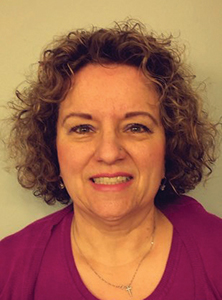
Laura H. Textor, APRNBC, AP-PMN
With over 42 years experience as a registered nurse and over 22 years as an advanced practice nurse in the field of pain, Laura brings enormous expertise to the Center. She has earned a Masters in Nursing, specializing in chronic pain and has taught and presented research findings on a variety of pain topics locally, regionally and nationally. Laura has written broadly in both peer-reviewed articles and book chapters.
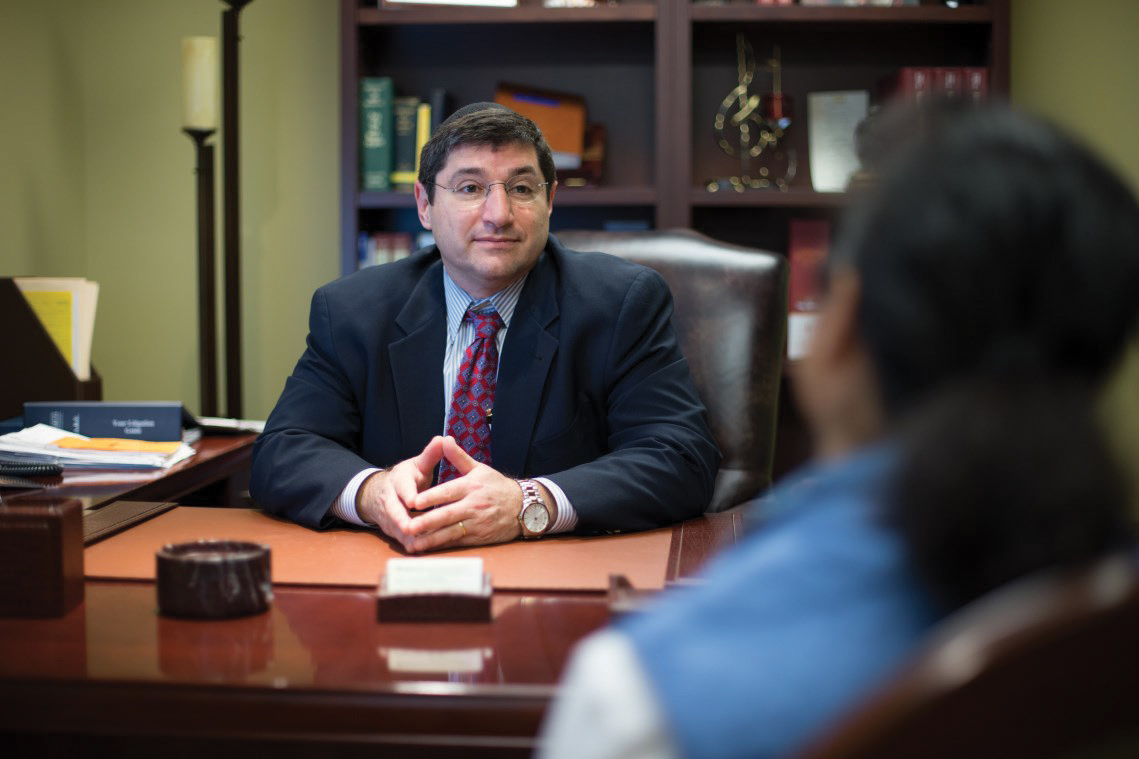
Problems we treat includes:
- Chronic back and neck pain, including pain after surgery
- Herniated disc, spinal stenosis or instability
- Pain after spinal surgery
- Nerve pain from any cause
- Pain related to cancer
- Pain after surgery, chemotherapy or radiation
- Facial pain
- Pain after stroke
- Migraine and other headache refractory to treatments
- Radiosurgical hypophysectomy for pain
- Cingulotomy for cancer pain
Advanced neurosurgical treatment of chronic and cancer pain
“Some people want it to happen, some wish it to happen, and others make it happen.” — Michael Jordan
News
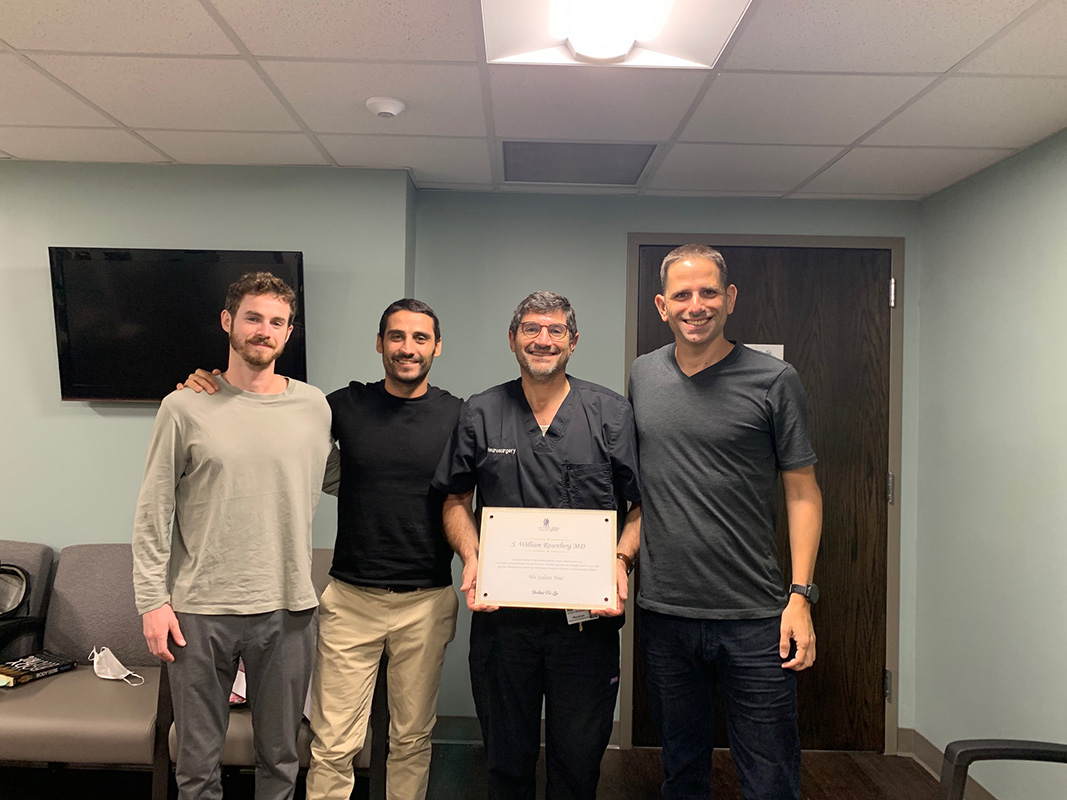
Local neurosurgeon helps Israeli soldiers through volunteer work
Dr. William Rosenberg, a neurosurgeon at Research Medical Center in Kansas City, was recently visited by a group of three wounded Israeli soldiers. The visit occurred through Rosenberg’s involvement with Brothers for Life, a nonprofit that helps link injured soldiers to potential healthcare treatments outside of Israel when they may have difficulty getting them in Israel.
Rosenberg, who specializes in spinal surgery and pain, became involved with Brothers for Life seven years ago when an Israeli commando paratrooper was brought to Kansas City for injuries he suffered while on patrol in the Golan Heights. The soldier was experiencing intense chronic nerve pain in his foot. He also happened to be the son of one of Rosenberg’s friends.
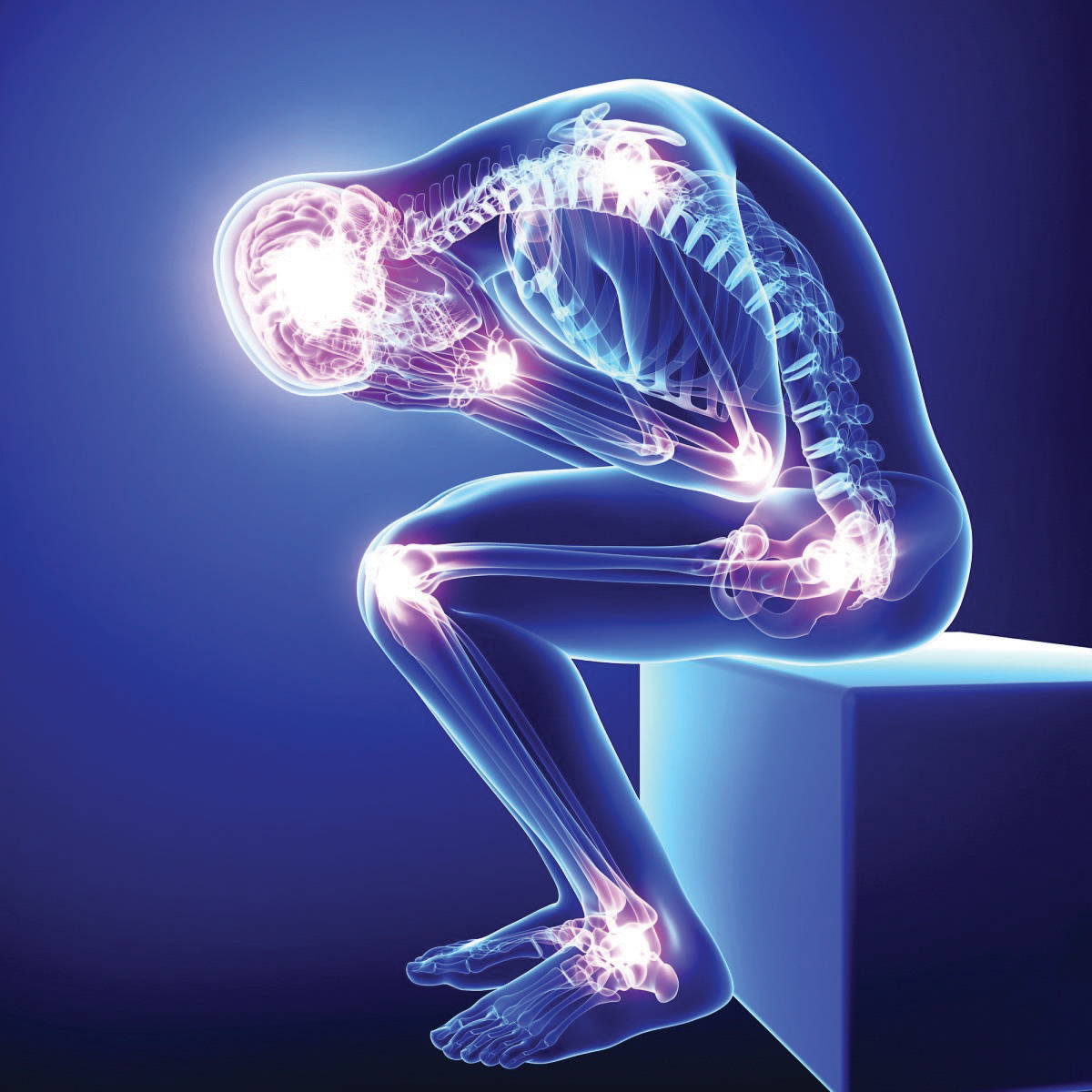
A Different Approach to Pain Care
We believe that pain care needs the same approach as other areas of medicine. We start with trying to diagnose the cause of the pain, followed by a plan with various options in an order that makes sense to everyone involved. Whether we offer the specific procedure or need to refer out for a treatment, we continue to manage the process until the result is as good as possible.
Neurosurgical Procedures
The field of neurosurgery has much to offer when it comes to pain control. There are a number of procedures, ranging from actual surgeries to outpatient minimally-invasive techniques, that can help with pain.
We offer conventional spine surgery to those people for whom it is the best option. This might include discectomy, laminectomy or even fusions, if necessary.
For other patients, we have procedures that change the way the body processes pain signals. These include electrically stimulating different parts of the nervous system, such as the peripheral nerves, spinal cord or even the brain. With other circumstances, in particular with cancer pain, we can deliver very small amounts of different medications directly to the spinal cord or brain through an implanted pump. These are all minimally-invasive procedures and are placed entirely within the body.
We can also change the body’s pain pathways using a probe placed through a needle in an outpatient procedure done without needing anesthesia (e.g., cordotomy, myelotomy, nucleotractotomy).
“It is more important to know what sort of person has a disease than to know what sort of disease a person has.”
“Cure sometimes, treat often, comfort always.”
— Hippocrates
 The Highest Quality of Neurosurgical Care
The Highest Quality of Neurosurgical Care